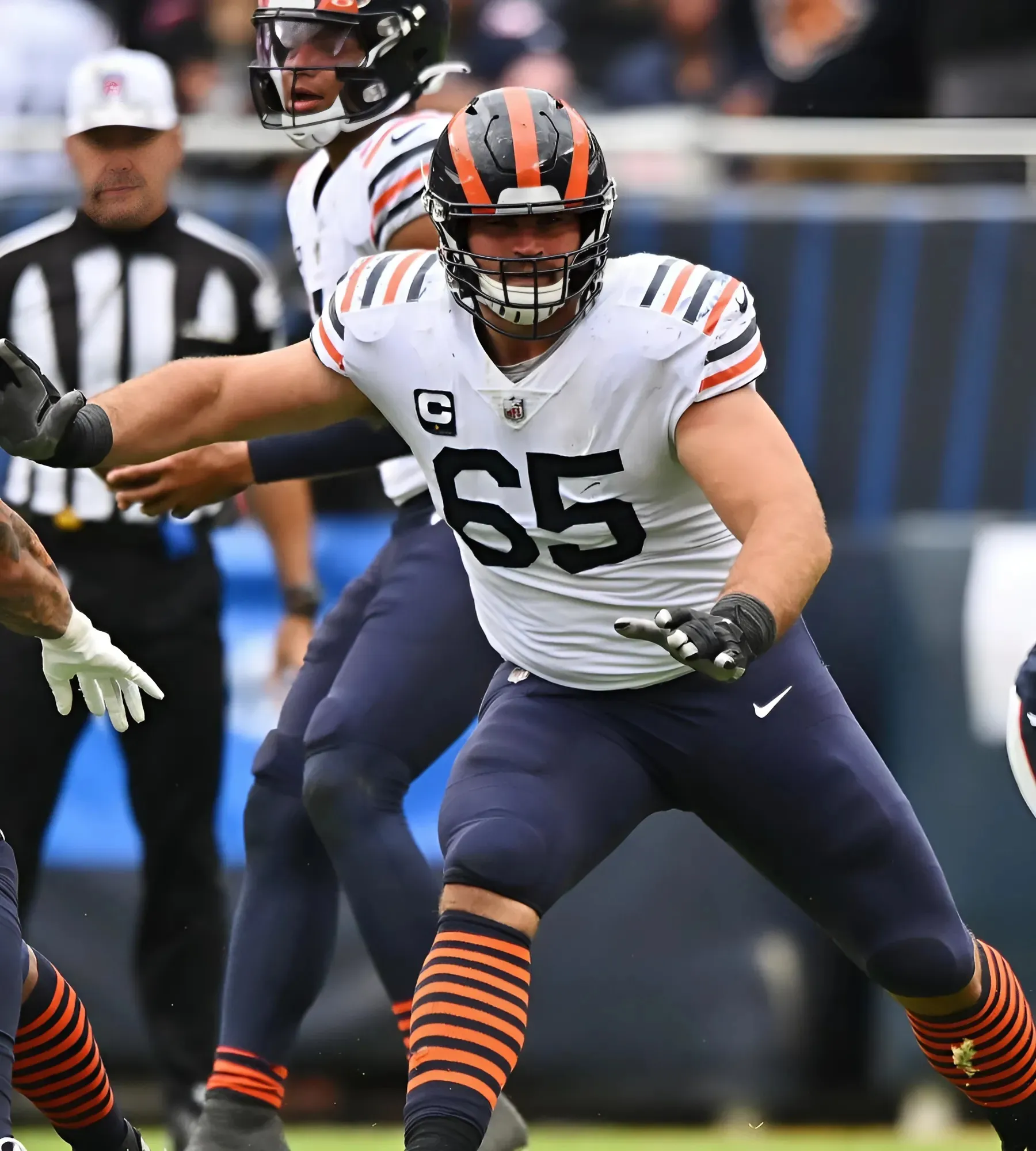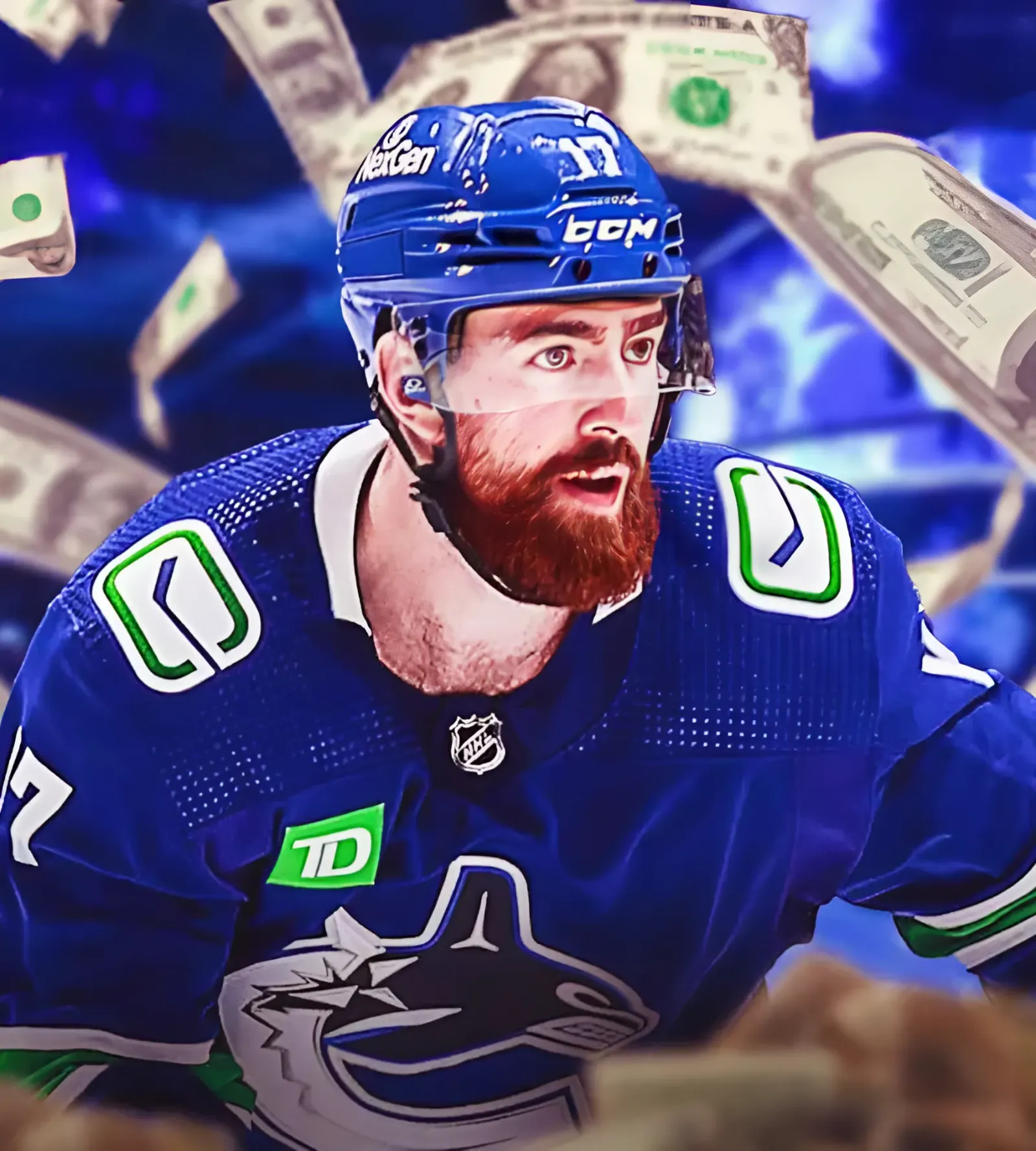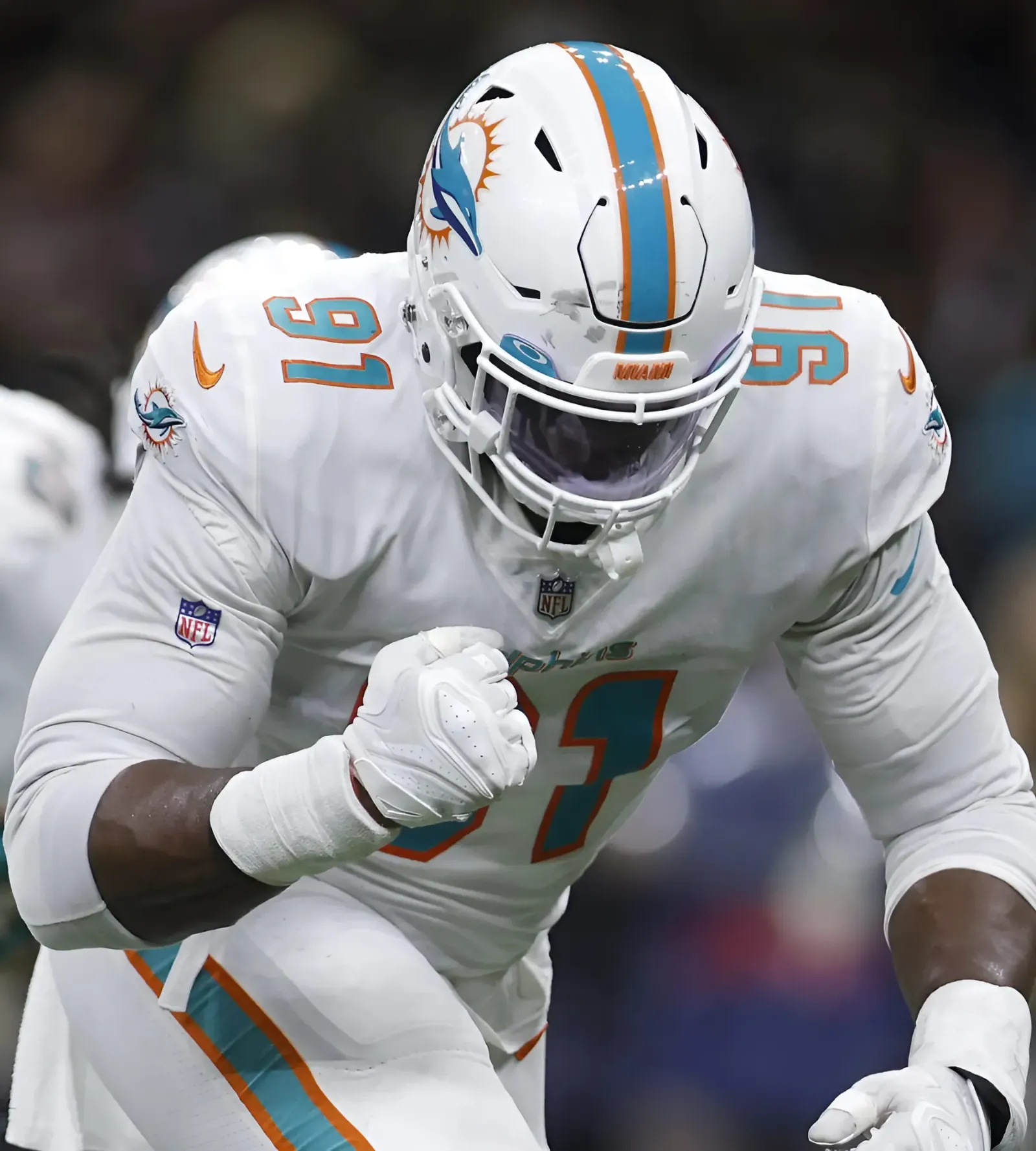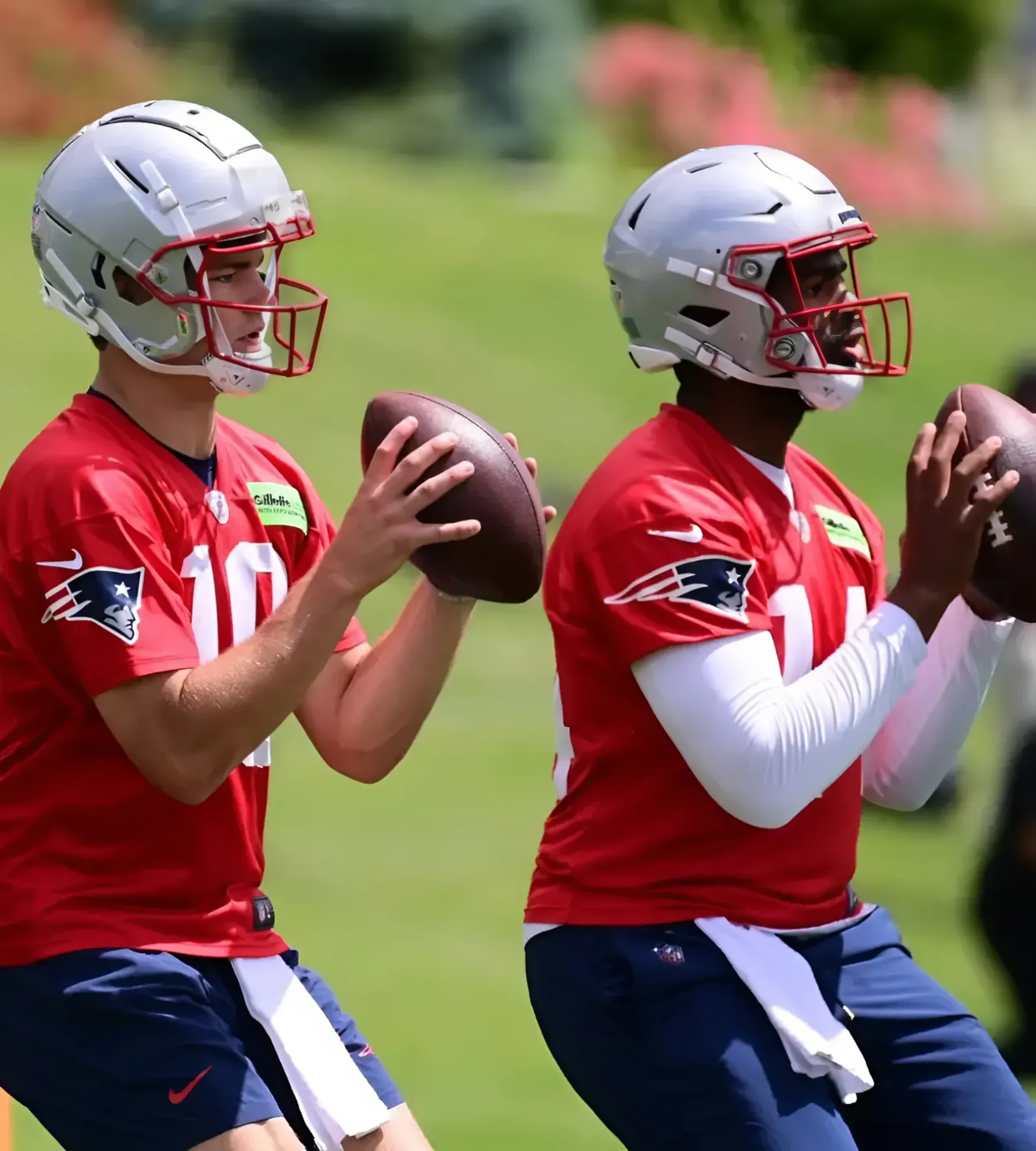When Brad Treliving and the Toronto Maple Leafs inked veteran forward Ryan Reaves to a three-year contract worth north of $4M, it raised a mix of emotions. Not only did they sign a fourth-line, physical winger to a three-year contract until he’s 39, but they also prioritized him on day one of free agency, along with John Klingberg, and we all know how that signing ended up.

Signing Reaves was one thing, and many fans were okay with the decision, but signing him to a three-year contract was a different thing. It had all the makings of aging terribly, especially after how his tenure with the Toronto Maple Leafs initially began.
Roller coaster of a season
When the news dropped last July 1st that the Maple Leafs were signing Reaves to a three-year contract, it drew a mixed crowd of emotions. A big part of the fan base was open to the signing simply because of the electrifying hits and fights that follow a player like Reaves. But with signing him comes the question: is three years too many? Of course. But if you were Reaves, would you turn down three years worth $4.15M? Probably not!
Reaves opened the season on the Maple Leafs’ fourth line alongside Noah Gregor and David Kampf, and oh boy, was that line a roller coaster of emotions for the first couple of months.
“It was a roller coaster for me,” Reaves said on Leafs Morning Take with Nick Alberga and Jay Rosehill. “I thought I had a really good training camp, one of my better training camps to be honest. First two games, I thought I played well and then I started eating dashes like it was my job. “I couldn’t do anything about it. I stepped on the ice, I’d eat a dash. Someone toepicked, I’d eat a dash. A couple were my fault and it just kind of snowballed from there. It was a tough time for me. When you’re eating dashes like that, it’s hard for a coach to trust you, whether it’s your fault or not. “And then I had the injury, I was out for a while, trying to get back in the lineup. I felt like when I came back in the lineup, I played pretty well. The points weren’t there but I sacrificed, played physical, got on the forecheck, wasn’t eating dashes anymore. It was a tale of two seasons for me and hopefully more of the second half next year. “
You didn’t need to dive into the fancy stats to realize that Ryan Reaves and the fourth line didn’t mesh the greatest from the jump. But for the sake of this article, I’ll give you one stat that will agree with the eye test from this past season. According to Moneypuck.com, with a minimum of 100 minutes played at five-on-five, the line of Gregor-Kampf-Reaves generated an xGA/60 minutes of 3.31, the second-highest of any forward combination on Toronto.
Now, if you don’t like those stats and you’re more into the straightforward stats like goals, assists, points, and even plus-minus, even though it isn’t the most remarkable stat, Reaves was struggling everywhere for the first two and a half months of the season until he ultimately suffered a knee injury against the Columbus Blue Jackets in mid-December.

As the table above shows, through the first 21 games of Reaves’ season, the veteran only registered one point — a goal against the Chicago Blackhawks, finishing with a -11 plus-minus. And at one point in early November, Toronto was getting outscored 7-0 with Reaves on the ice, according to Sportsnet Stats.
Not perfect, but good enough
During Reaves’ time sidelined from the lineup due to his injury, a January 21 article from Sportsnet’s Luke Fox was published about the 37-year-old, and it had many fans questioning his knee injury.
‘Yeah, I’ve been ready for a couple of weeks now,’ Reaves said to Fox. ‘That’s a question for them. I am not in those rooms, in those conversations. I’m not going to speculate anything. Just stay ready. And if I get called upon, I do. If I don’t, I get my work in.’
It got the fan base thinking: what was going to be the next step for Toronto and Reaves? Up to this point, he wasn’t playing well. It was obvious. And if Sheldon Keefe and the coaching staff purposely sat him despite being ready to go, that says a lot about what they thought about his play on the ice.
Fortunately, they activated him from IR, and he returned to the Maple Leafs’ lineup on January 27th, six days following the article’s published date. It took a little time, but upon his return to the lineup, Reaves looked like a different player, and he was making an impact in a limited role on the fourth line.

As the table above shows, following a putrid first three months, whole scoring just one goal and finishing the first 21 games as a minus 11, Reaves tripled his goal total in the next four months and added two assists for a total of six points in his final 28 games of the season.
What does Reaves’ future with Toronto look like?
All in all, it was a weird year one for the 37-year-old. From coming out of the gates hot, hitting everything in sight and dropping the gloves twice in front of the home crowd in Toronto, Reaves slowed down tremendously and was one of the players to blame for the Maple Leafs’ slow start to the season with how poor he and his line were playing.
In seven months, Reaves was a regular in the lineup, a scratch, missed time due to a lower-body injury, had an article released about him and the speculation around the Maple Leafs purposely holding him out of the lineup, returned and played his best hockey of the season, and was in and out of the lineup during the playoffs against the Boston Bruins. It’s safe to say it was quite an eventful season for the veteran winger.
But within all that, Toronto now has a new head coach, and changes amongst the coaching staff are beginning. Reaves turned 37 at the beginning of 2024 and will be 38 by mid-season in 2024-25. It’s unknown if Craig Berube and his coaching staff see a role for the Winnipeg native next season, depending on who the team ultimately signs in free agency. But in a salary cap world, a fourth-line, bruising forward who is not good defensively and is there to hit, fight, and be a menace on the forecheck, $1.35M could be spent elsewhere in the lineup.



